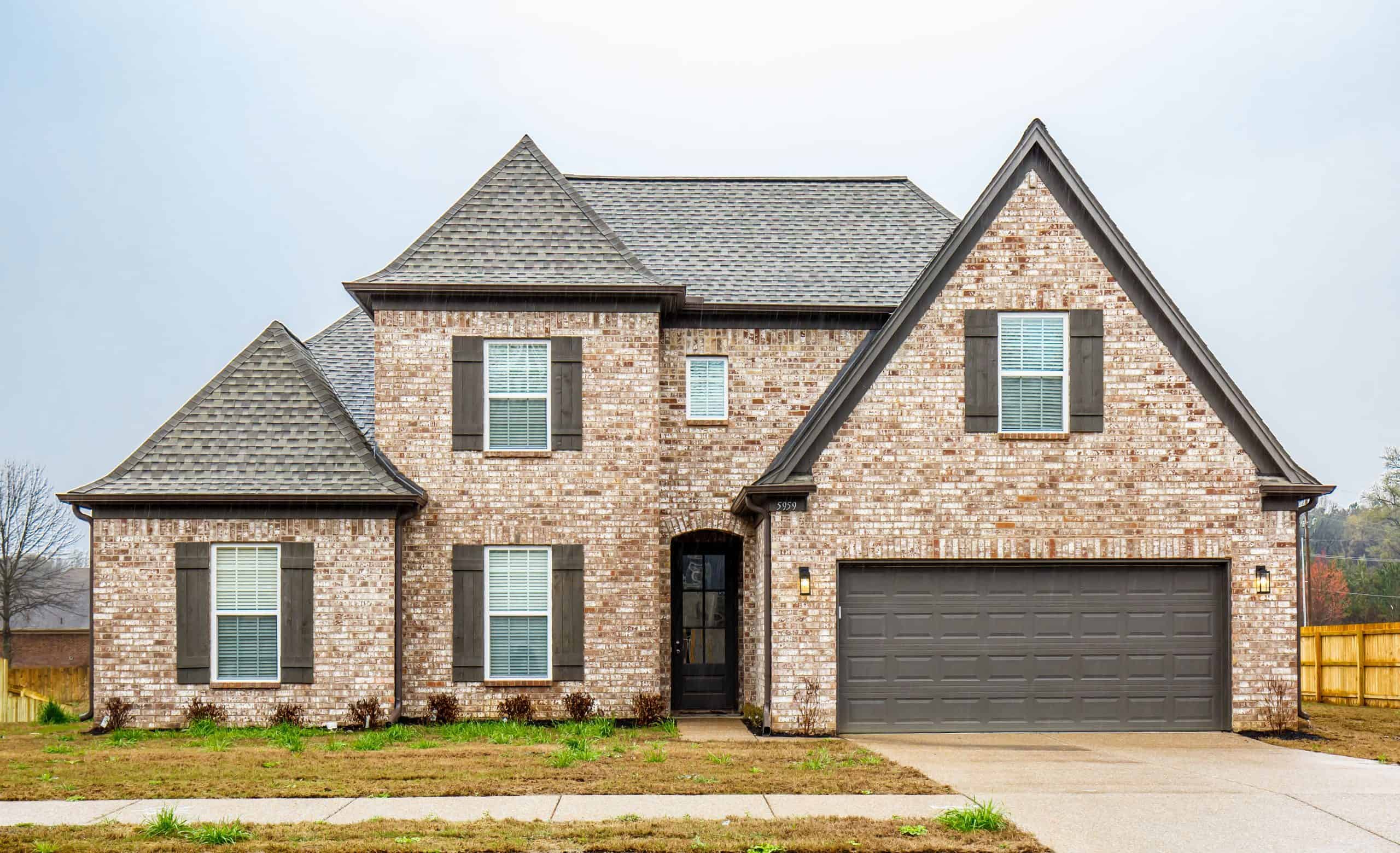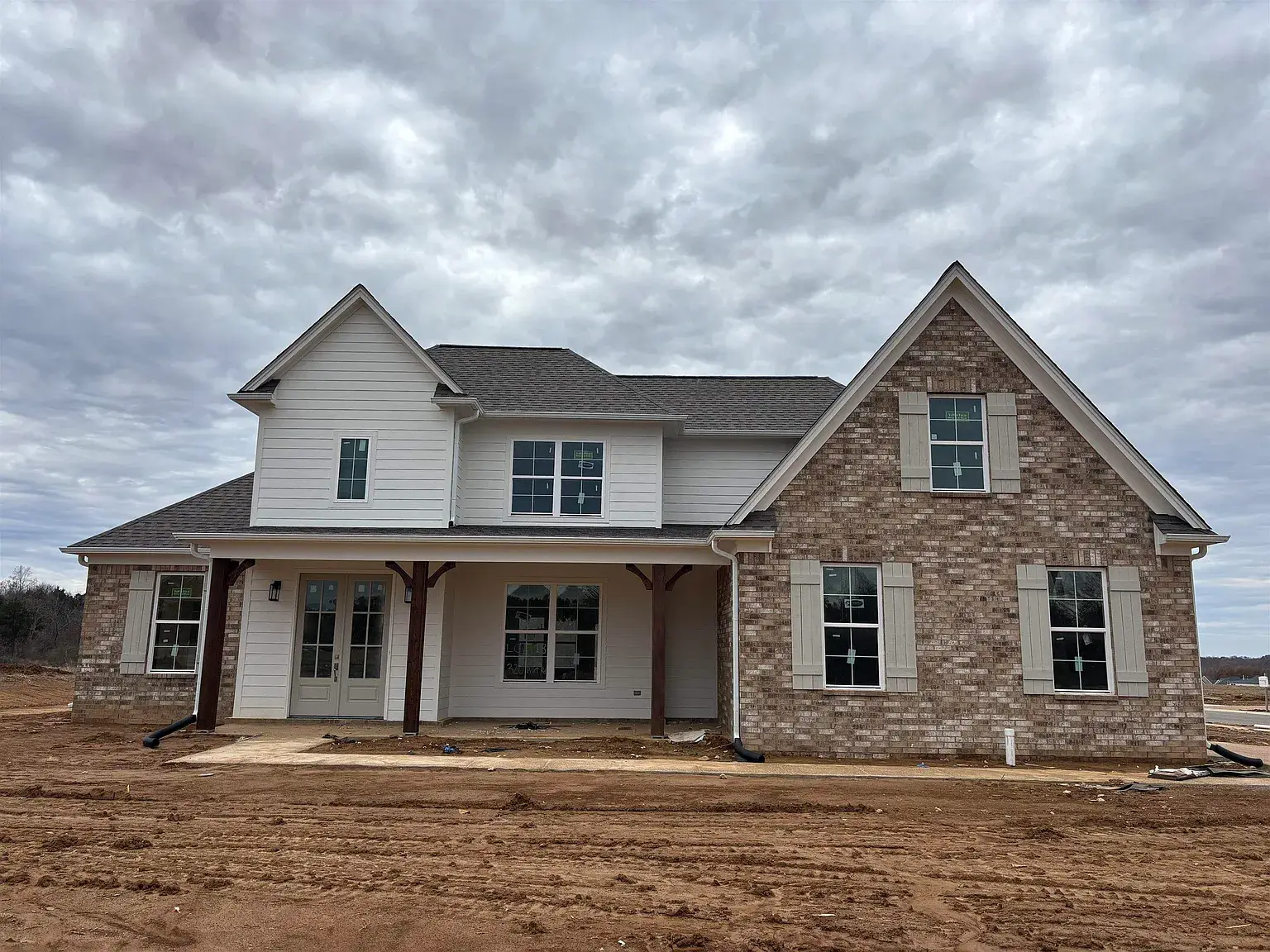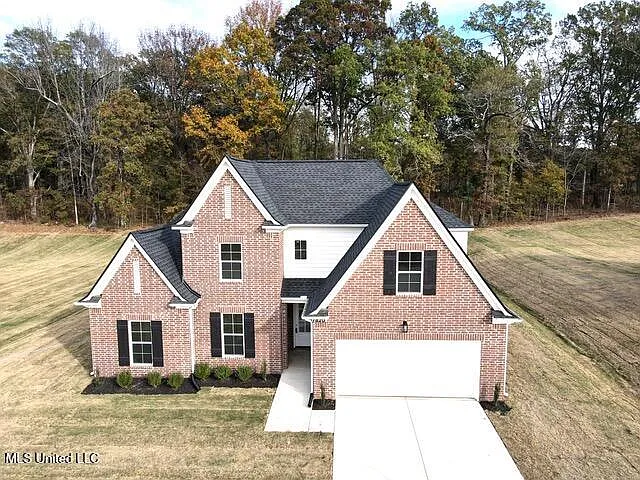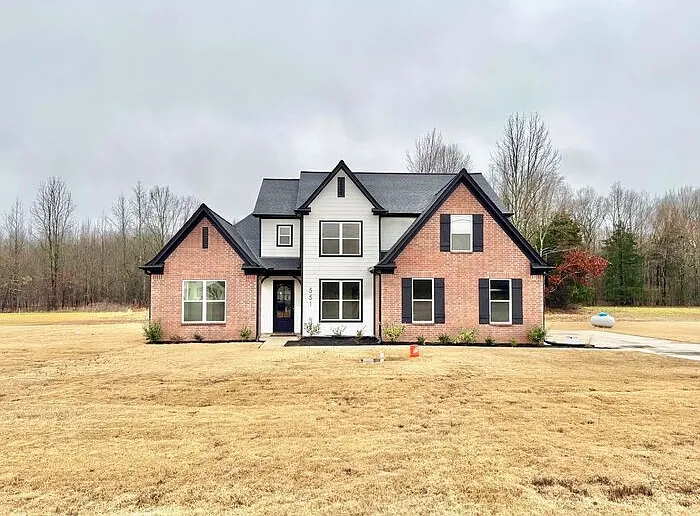Investing in real estate presents a significant opportunity for wealth accumulation, although it is a complex undertaking that requires careful consideration. In the subsequent sections, we will delve into several essential aspects of property investment. We will explore the paramount importance of location and how factors such as property type, age, and condition may influence investment returns.
We will discuss the significance of affordability when acquiring an investment property, as well as the pivotal role played by the neighborhood, community, and nearby amenities in determining the property’s desirability and potential for success. Furthermore, we will explain why an increasing number of investors are turning their attention to high-quality Single Family Rental (SFR) communities. Whether you are a novice investor or an experienced one seeking to expand your portfolio, comprehending these critical factors is of utmost importance.
Location:
The location of a property often plays a pivotal role in determining its value and growth potential, surpassing other contributing factors. It influences the demand for the property, the quality of tenants it attracts, and the rental income it may generate — now and into the future. In fact, a report published by the Urban Land Institute (ULI) underscores that location can account for up to 50% of a property’s value.
Proximity to Amenities
Investors should consider the property’s proximity to amenities. A study conducted by the Appraisal Institute in 2019 revealed that properties located near shopping centers, schools, hospitals, and public transportation tend to command higher rents and experience lower vacancy rates. Convenience holds considerable sway, as properties offering easy access to essential services become more sought after by potential residents.
Job Market and Economic Growth
The local job market and economic growth are additional factors deserving of consideration. According to a report by the National Association of Realtors (NAR), areas with robust job markets often experience higher demand for housing. The arrival of businesses in an area can signify favorable conditions, as they generate employment opportunities and contribute to an increase in the local population, subsequently driving demand for rental properties.
Safety and Crime Rates
Safety is a primary concern for most residents. The Uniform Crime Reporting (UCR) Program maintained by the FBI provides valuable data on crime rates in specific areas, offering investors useful insights. Properties located in secure neighborhoods are more desirable and often command higher rents.
Future Prospects
Future prospects for a location also hold significant weight. A neighborhood may exhibit an upward trend, indicating an opportune moment for investors to enter the market before prices escalate. Monitoring new developments, infrastructure projects, and zoning changes is essential, too. The Municipal Planning Board often disseminates information regarding forthcoming developments in the area.
Selecting the right location for an investment property entails more than just considering the present circumstances; it requires an anticipation of future possibilities. Successful real estate investors possess the ability to foresee the potential in locations that others may overlook.
Property Type, Age, and Condition
Continuing our exploration of fundamental aspects of investment properties, we now turn our attention to property type, age, and condition. Each significantly impacts investment returns and maintenance costs. However, we will retain the word “builds” as specified.
Property Type:
Once the decision to invest is made, one must determine the type of property in which to invest. The chosen property type influences financing options and the level of maintenance required. The National Association of Realtors (NAR) classifies investment properties into residential, commercial, industrial, and retail categories.
Residential Properties: This category encompasses single-family homes, condominiums, townhouses, and multi-family homes. These properties typically serve as an excellent starting point for new investors due to their familiarity and relatively low entry costs.
Commercial Properties: This category includes office buildings, skyscrapers, and other commercial spaces. While the initial investments are generally higher for commercial properties, they can offer attractive returns through long-term leases and stable tenants.
Industrial Properties: This category comprises warehouses, manufacturing facilities, and distribution centers. Industrial properties can be lucrative investments due to the growing demand for logistics and e-commerce.
Retail Properties: This category includes shopping malls, strip malls, and standalone retail spaces. Retail properties can be more challenging to manage due to tenant turnover and changing consumer trends, but they can also provide significant returns in prime locations.
Age and Condition:
The age and condition of a property are crucial factors to consider when evaluating an investment. Older properties may require more frequent repairs and maintenance, increasing expenses and affecting the bottom line. On the other hand, newer properties generally have lower maintenance costs and may attract higher-quality tenants.
It’s important to thoroughly inspect any property being considered to assess its condition before making a purchase. A professional inspector can identify any potential issues with the structure, plumbing, electrical systems, and other critical components. This will help you estimate the costs of repairs and renovations, allowing you to make an informed investment decision.
Affordability:
Affordability is a key consideration when acquiring an investment property. It’s essential to evaluate your financial situation and determine how much you can comfortably invest without jeopardizing your financial stability. Consider factors such as the down payment, mortgage payments, property taxes, insurance, ongoing maintenance expenses, and potential economic vacancy.
Keep in mind that achieving favorable returns on real estate investments often requires a long-term outlook and commitment. Therefore, it’s important to have a solid financial plan in place. Consider working with a financial advisor or real estate professional who can help you assess your financial situation, create a realistic investment strategy, and guide you in finding an investment that is affordable for your budget.
Neighborhood and Community:
The neighborhood and community where the property is located have a significant impact on its desirability and potential for success. Research the area thoroughly, considering factors such as safety, proximity to amenities, school districts, and community development plans.
Properties located in safe neighborhoods with access to essential amenities like schools, shopping centers, parks, and transportation tend to attract more residents and command higher rents. Additionally, keep an eye on the overall development of the community, as new infrastructure projects, business investments, and zoning changes can positively influence property values and rental demand.
Single Family Rental (SFR) Communities:
In recent years, there has been a growing interest in high-quality Single Family Rental (SFR) communities among real estate investors. SFR communities offer the advantages of owning single-family homes within a professionally managed community setting. They provide a balance between the benefits of single-family home investments and the conveniences of renting, attracting a wide range of residents.
SFR communities often offer amenities like shared common areas, landscaping services, and property management, making them an attractive option for residents seeking a comfortable living experience. For investors, SFR communities provide the opportunity to scale their rental portfolio while benefiting from professional management services.
In conclusion, when evaluating an investment property, it’s essential to consider factors such as location, property type, age and condition, affordability, and the neighborhood or community. Each of these factors plays a crucial role in determining the property’s potential for rental income and long-term appreciation. By conducting thorough research up front, seeking professional advice as needed, and staying informed about market trends, you can make informed investment decisions and maximize your chances of success in real estate investing.















